However, there is a solution to this problem: research has shown that making people aware of the existence of these biases and explaining their subtle process of influence at the cognitive level helps to identify them and, when necessary, to counter them when evaluating applications and making ranking decisions.
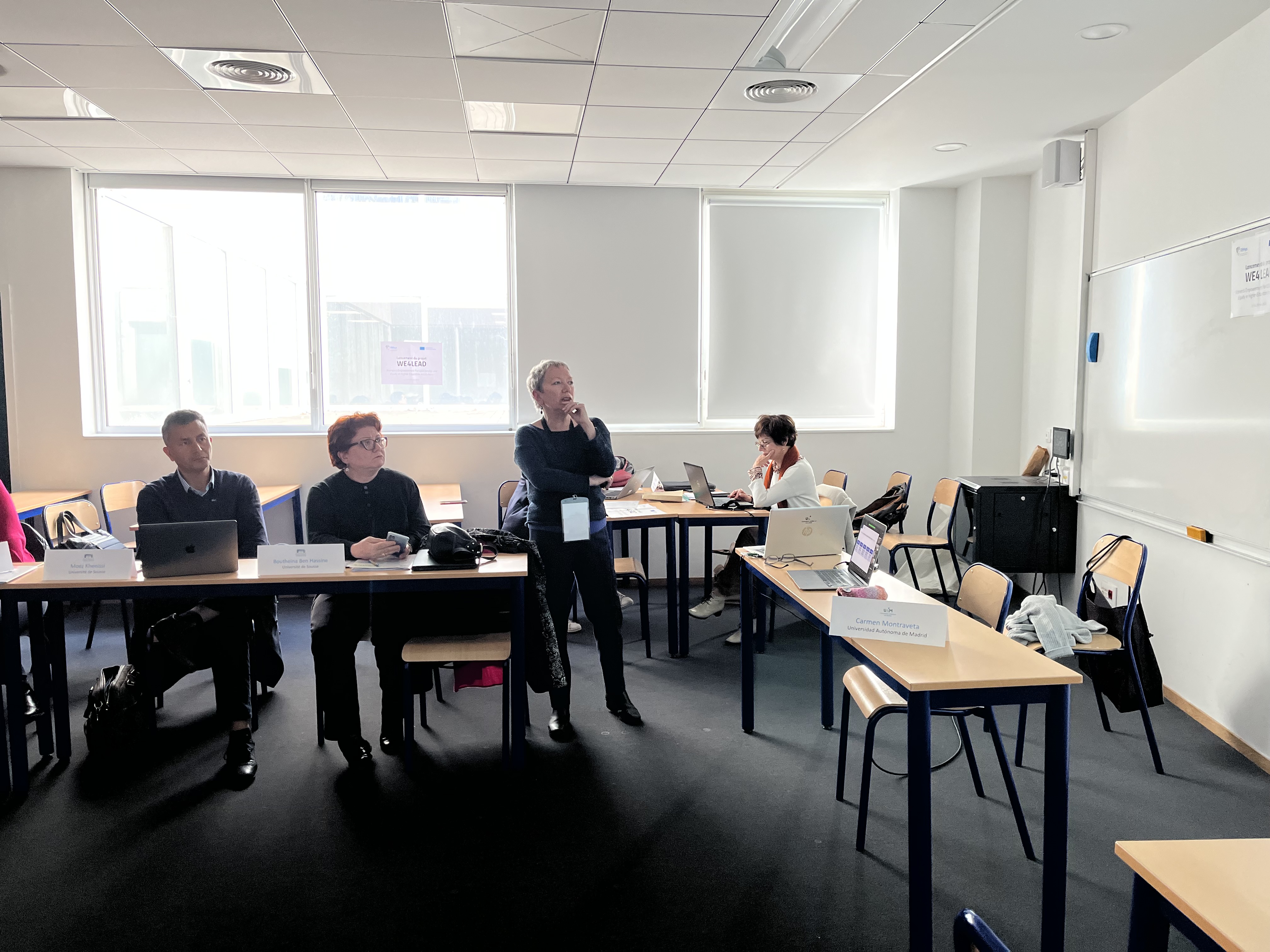
Therefore, it is important to train decision-makers, recruiters, and members of selection boards and committees on the existence of gender discrimination and implicit bias, and on how to counter them. The development and deployment of such training is the objective of our Work Package 5.
Another barrier to women's career advancement is sexual harassment and incivilities, whether physical, emotional or moral. Indeed, a woman who is subjected to such harassment will seek to have it stopped. In the absence of effective recourse, she will have no other option than to leave her job. Many women in the HEI are silently subjected to harassment or other forms of gender-based violence with serious impacts on their psychological and physical health. However, there are effective solutions, as shown by the example of the "Bureau d'intervention en matière de harcèlement" at the Université de Montréal (UdeM).
WP6 aims to help the HEIs that are partners in this project to set up cells that are as effective and efficient as possible, following the good lessons learned at UdeM and the experience of the partners, but also according to the social and cultural context of each one.
WP5 and WP6 constitute, in a way, the 'heart' of our intervention.
These activities have target audiences:

It aims at training teachers, members of juries and selection committees, people in charge of recruiting especially for higher positions.

It concerns not only women who are victims of sexual harassment (including female students), but also those who witness it (department heads, colleagues) and, more broadly, the entire HEI communities, who need to better understand what sexual harassment and incivility is.

To raise public awareness of our work. Inform that gender inequality continues to exist, in more pernicious ways, and that it is within everyone's power - and responsibility - to remedy this situation. The goal is not only to communicate and raise awareness, but also to ensure the participation of our target audience, for example in the trainings we will offer them
Institutional framework. Our target audience is decision-makers, staff in the upper hierarchies of HEIs. In short, they are people who are very busy with their professional obligations, very much in demand, and whose attention is not easy to attract. On the other hand, the activities we will implement will require the input of multiple university departments: communication, human resources, finance, among others. Clear, visible and unequivocal political support is essential in order to get the attention and resources necessary for the successful implementation of this project. Thus, WP4 will ensure that our HEIs have the necessary political basis, and will formulate recommendations for other HEIs willing to engage in the same process


Evaluation. It is not enough to attract the attention of the governance, teachers, administrators, but also to keep it in the long term. This will only be possible if we can demonstrate that their involvement has an effect. Thus, WP2 will be in charge of measuring the evolution of HFE within the partner HEIs of our project. In addition to its usefulness for communication purposes, this evaluation will also be useful for management purposes (effectiveness measurement, quality assurance) and for dissemination purposes (to present convincing results, able to convince other HEIs of the effectiveness of our approach).
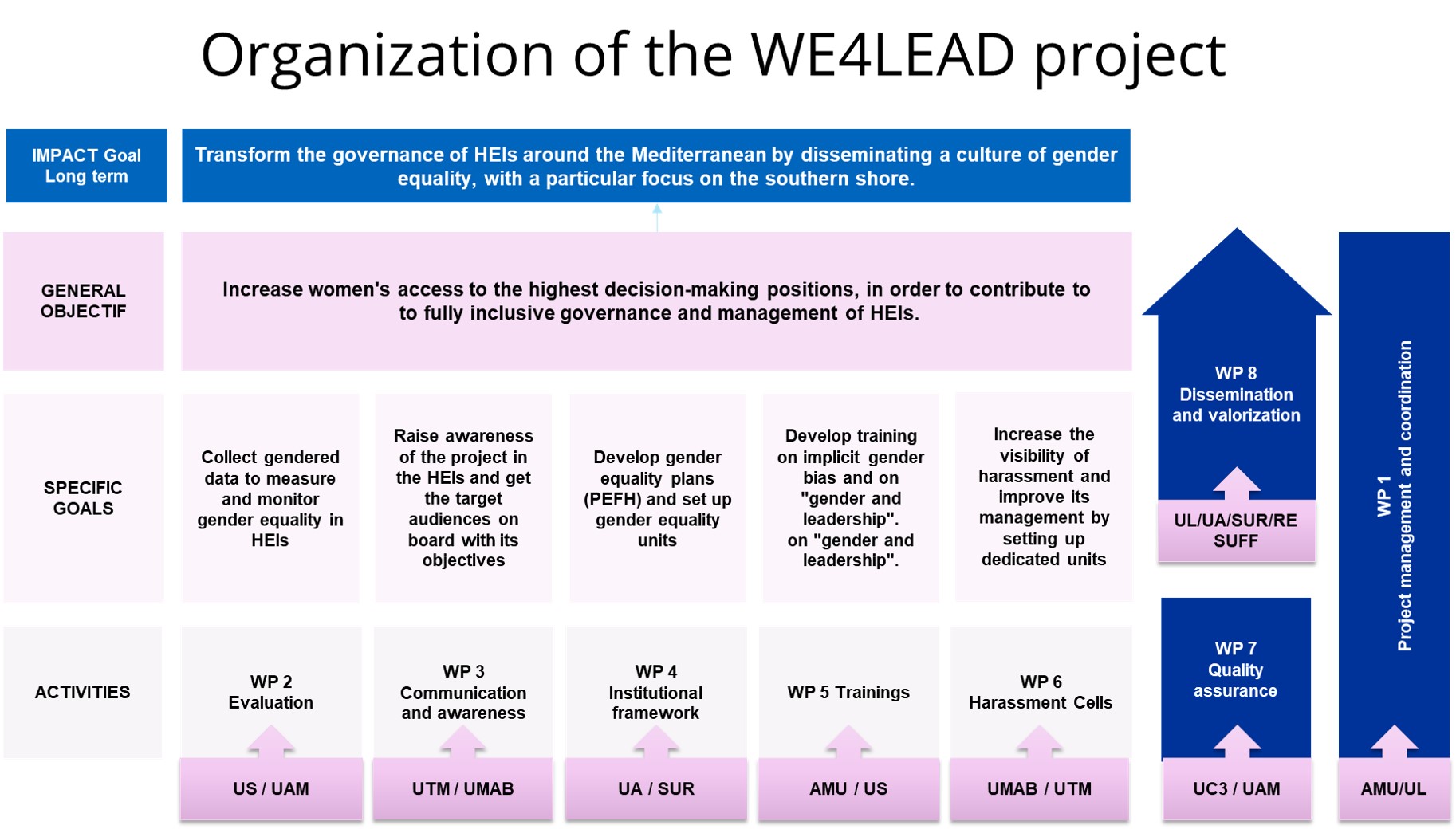




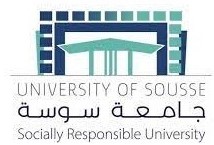
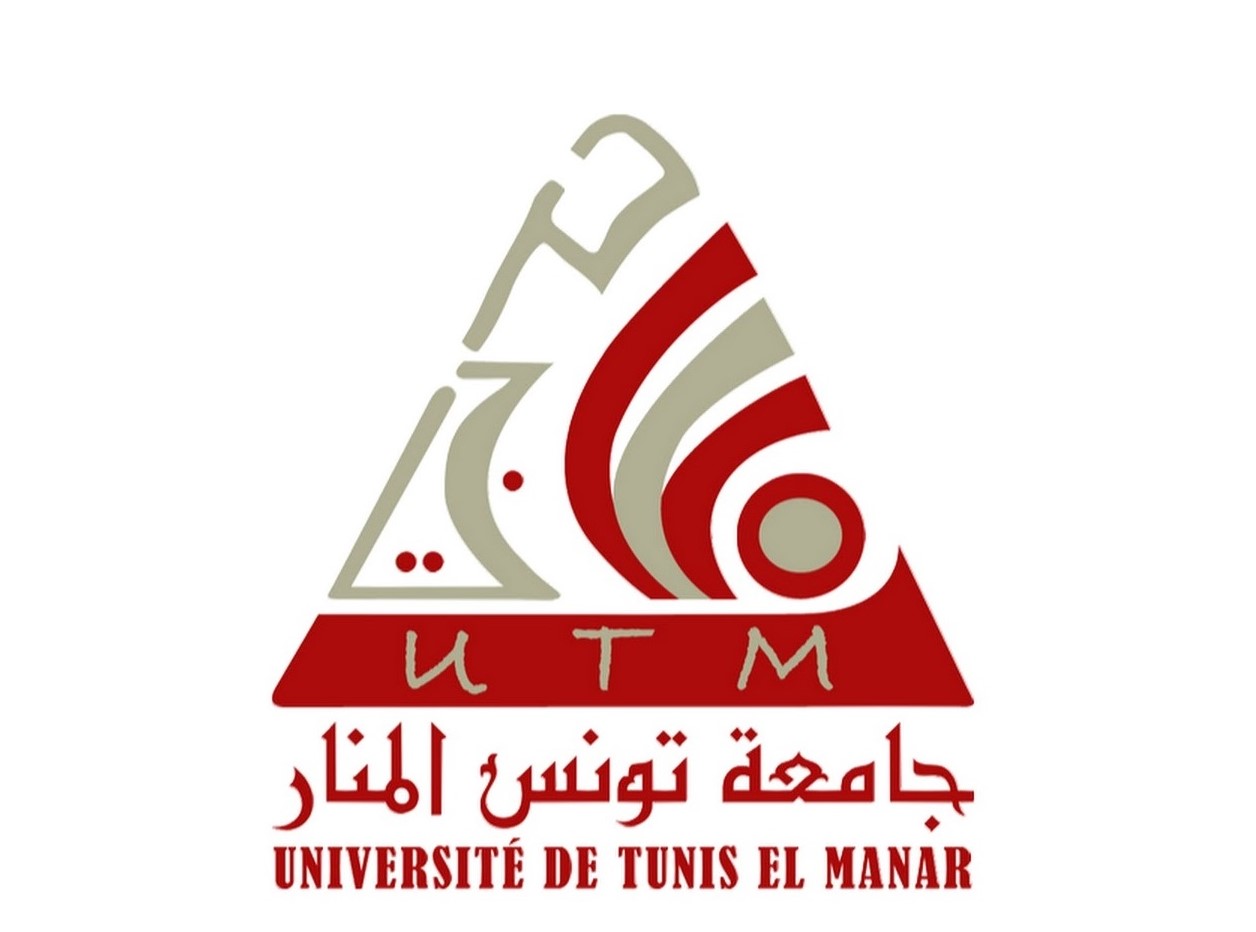



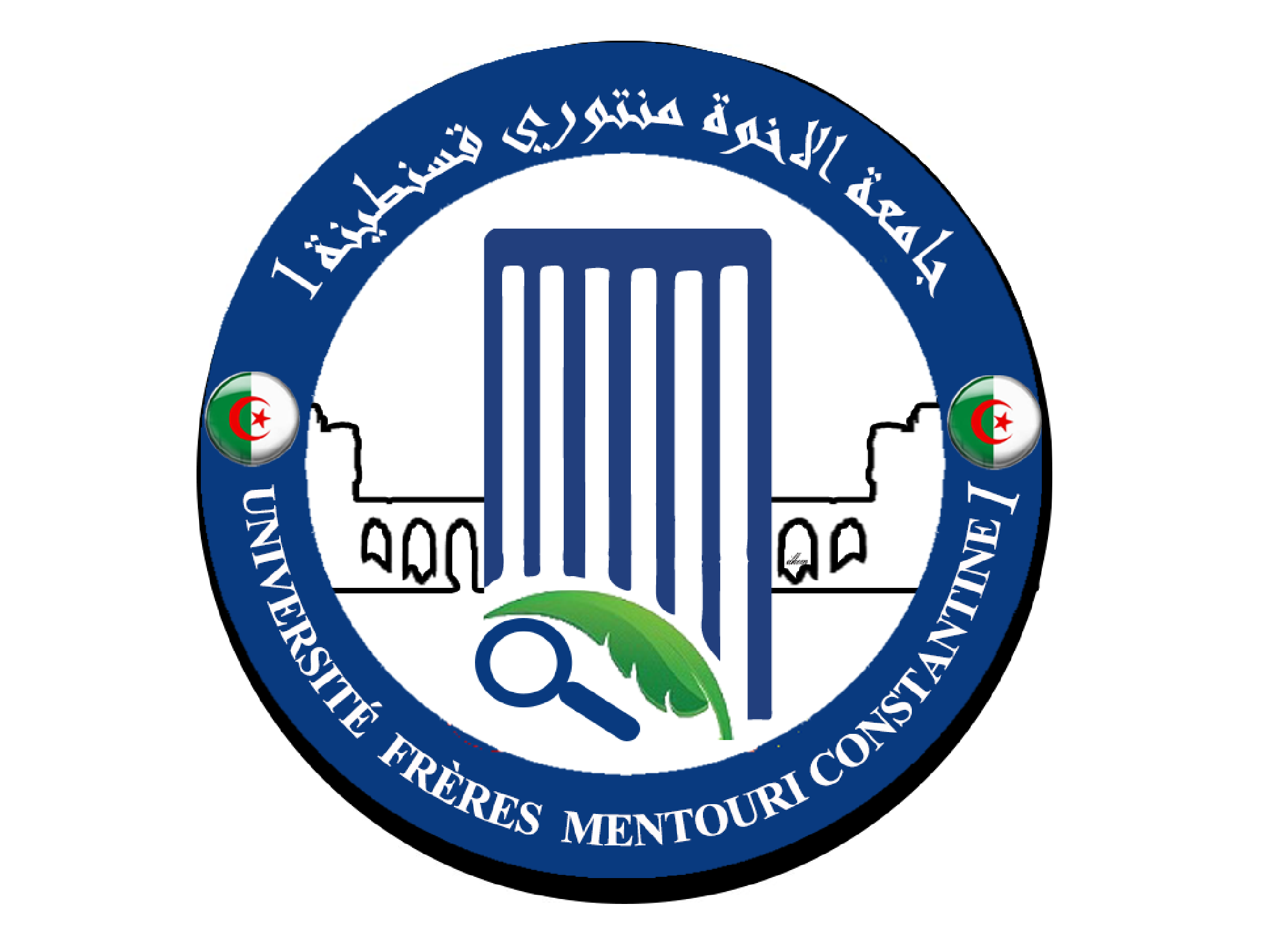


Views and opinions expressed are however those of the author(s) only and do not necessarily reflect those of the European Union or the European Education and Culture Executive Agency. Neither the European Union nor the European Education and Culture Executive Agency can be held responsible for them.